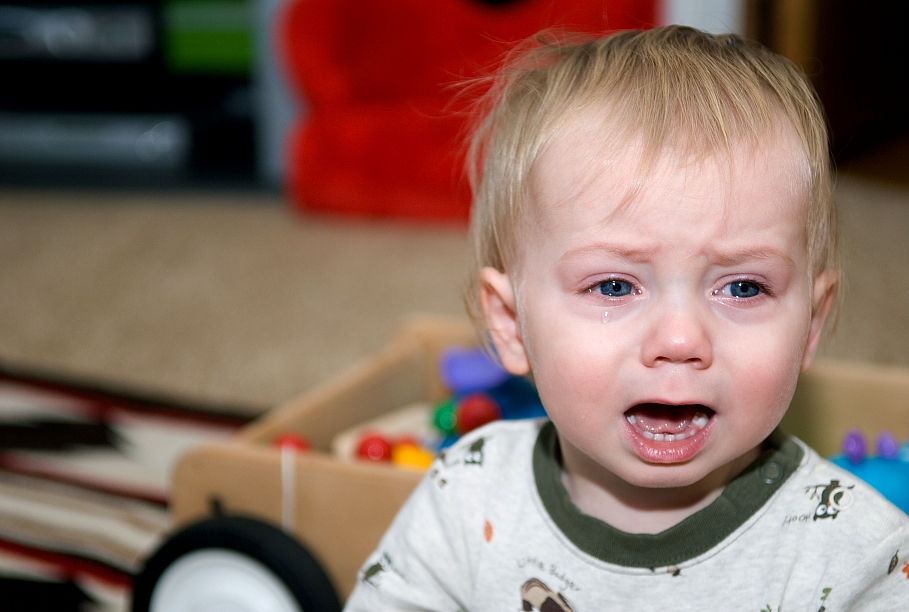In 2013 the Latvian Embassy in the United Kingdom received information about 40 cases tied to childcare in the families of Latvian citizens. Last year the number grew to 89, while this year 79 cases have been reported by October.
Andris Teikmanis, Latvia's ambassador to the United Kingdom, reported a number of reasons why British social services have looked into families of Latvian citizens:
12 cases — the family was under watch by social services and returned to Latvia;
11 cases — children were put into the care of the closest relatives or returned to their parents;
8 cases — children were removed and put into foster families until adulthood, because social services found all potential foster parents could not look after them. They will not be returned to their families due to physical and emotional violence, or alcoholism or drug use;
6 cases — children are living with their parents, but are under the watch of social services;
2 cases — fathers were deported from the United Kingdom but mothers had the nationality of another country;
2 cases — parents asked for social services to take children into their care as they were either gravely ill or not able to provide adequate care;
1 case — the child was removed from the family as both parents were serving sentences for sex crimes;
1 case — the mother died, while the father, who was in Latvia, didn't want to take the child into his care.
More often and often information about these cases — including the removal of children from families — is handed to the embassy by the responsible British institutions, not Latvian citizens, the ambassador said.
Teikmanis also said that each case is, of course, different, but there is no reason to doubt that the British social services have often done the right thing in removing children from the families of Latvian citizens.
"In a part of these cases, I think, Latvian children's rights institutions would have done the same and removed these children from families. Sadly, in Latvia there are similar cases when adolescents and small children are suffering and the only way to ensure the safety of a child is to remove it from the family," said Teikmanis.
Lawyer Inese Ejugbo and Andris Teikmanis confirm that Latvian nationals are often not familiar with the laws of the respective country. The Latvian Embassy to the United Kingdom has published a notice about what Latvian parents should know about childcare law in the United Kingdom.
The case of Laila Brice is only one of the cases when a child was removed from a family that had drawn the attention British social services.
"In 2013 four of our children were adopted. In 2014 these were two, in this year — five already. In two cases their mother is serving a 10-year prison sentence, while all of their relatives have been found incapable of being parents, that is, they have a criminal past. One child didn't have any relatives in Latvia willing to accept it, while two were given away by the mother voluntarily. In other cases determining guardianship is in still in process," said Andris Teikmanis.
It should be noted that part of the children born in the United Kingdom to Latvian citizens are not Latvian nationals as their parents have registered them as British citizens.
Of course the United Kingdom is not the only country where Latvian immigrant families come under the watch of social services for children's rights violations.
Last year the Justice Ministry saw twenty cases where children were removed from families abroad, with the number sitting at 19 this year. As of now Latvia is considering to provide free legal support in cases where Latvian citizens living abroad are removed from their family.




























